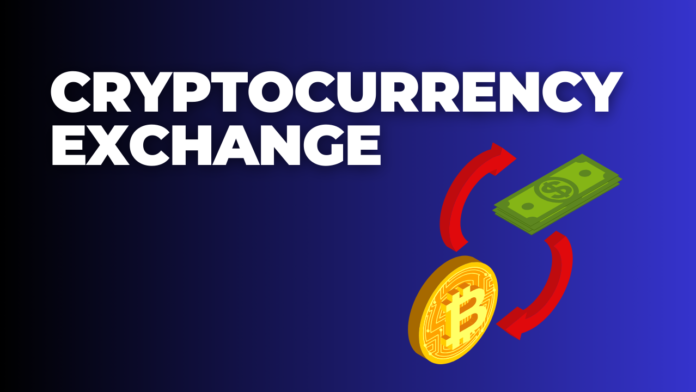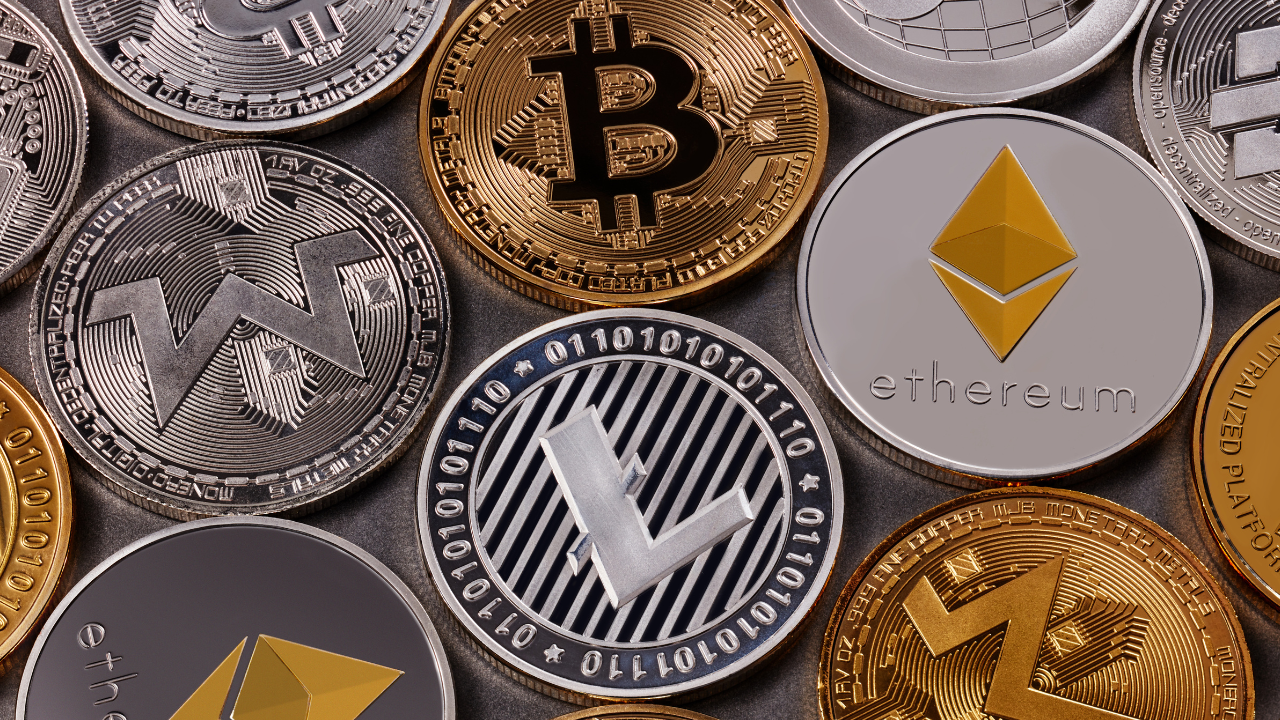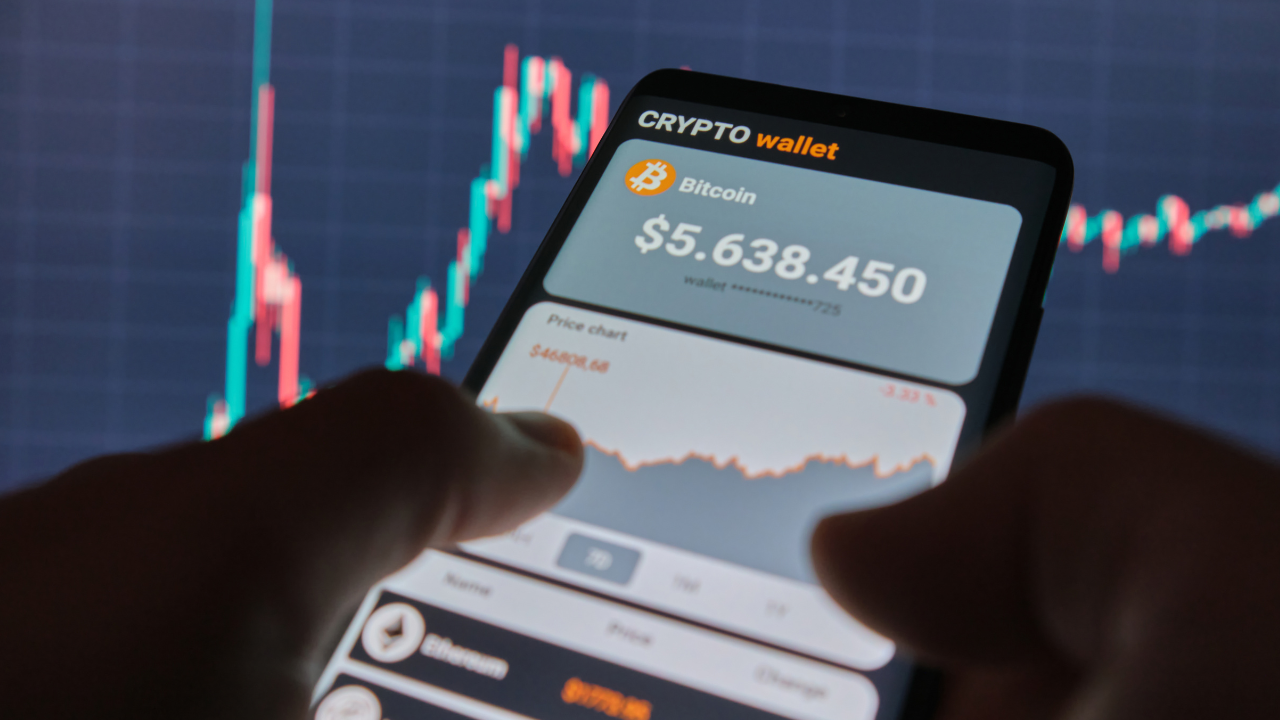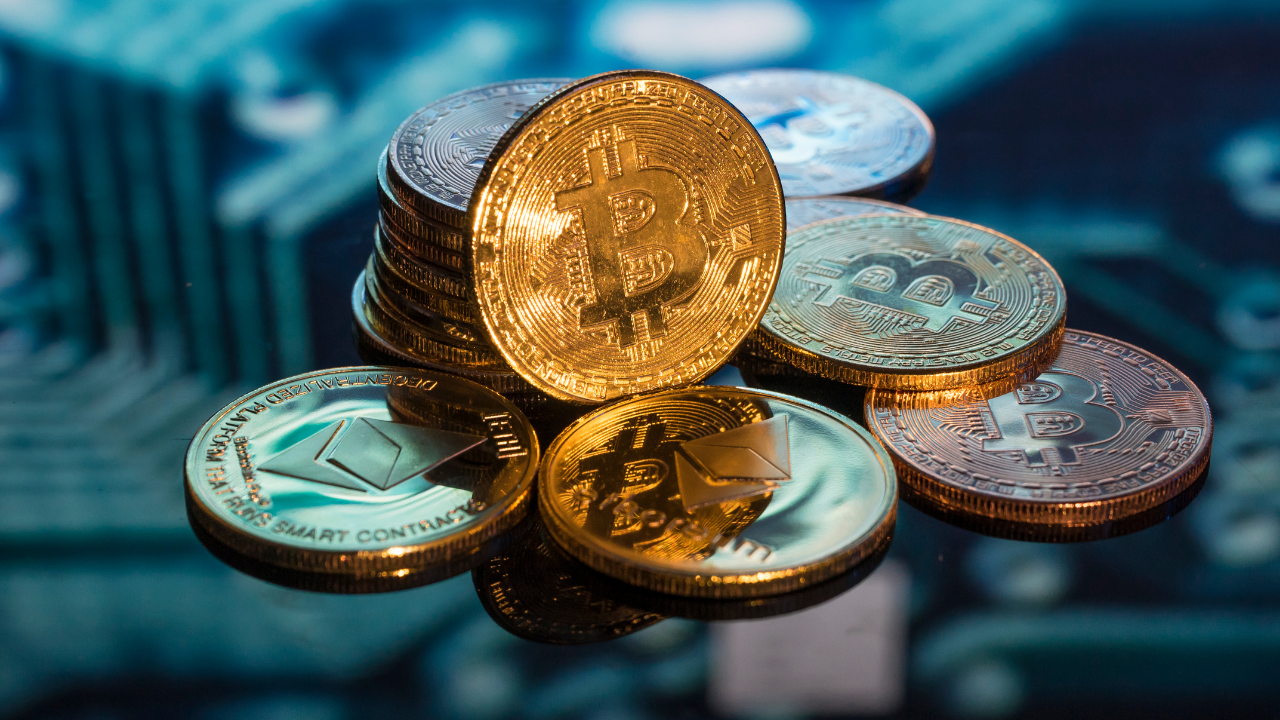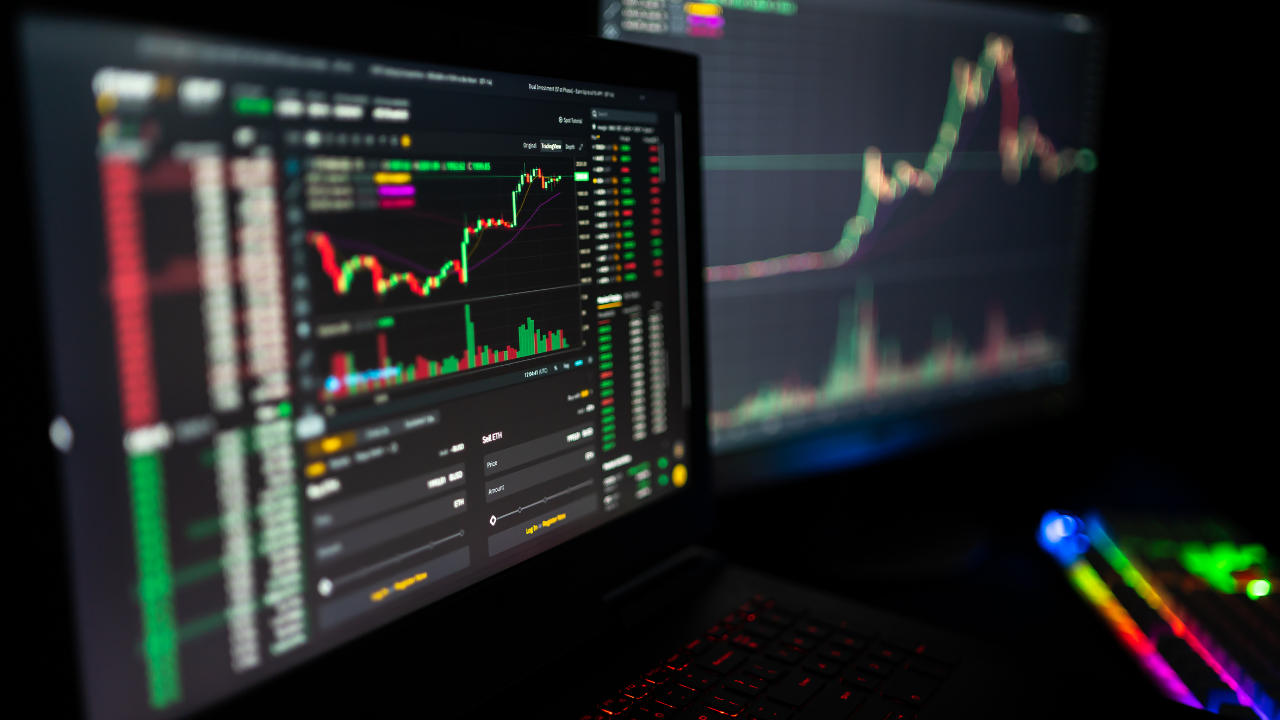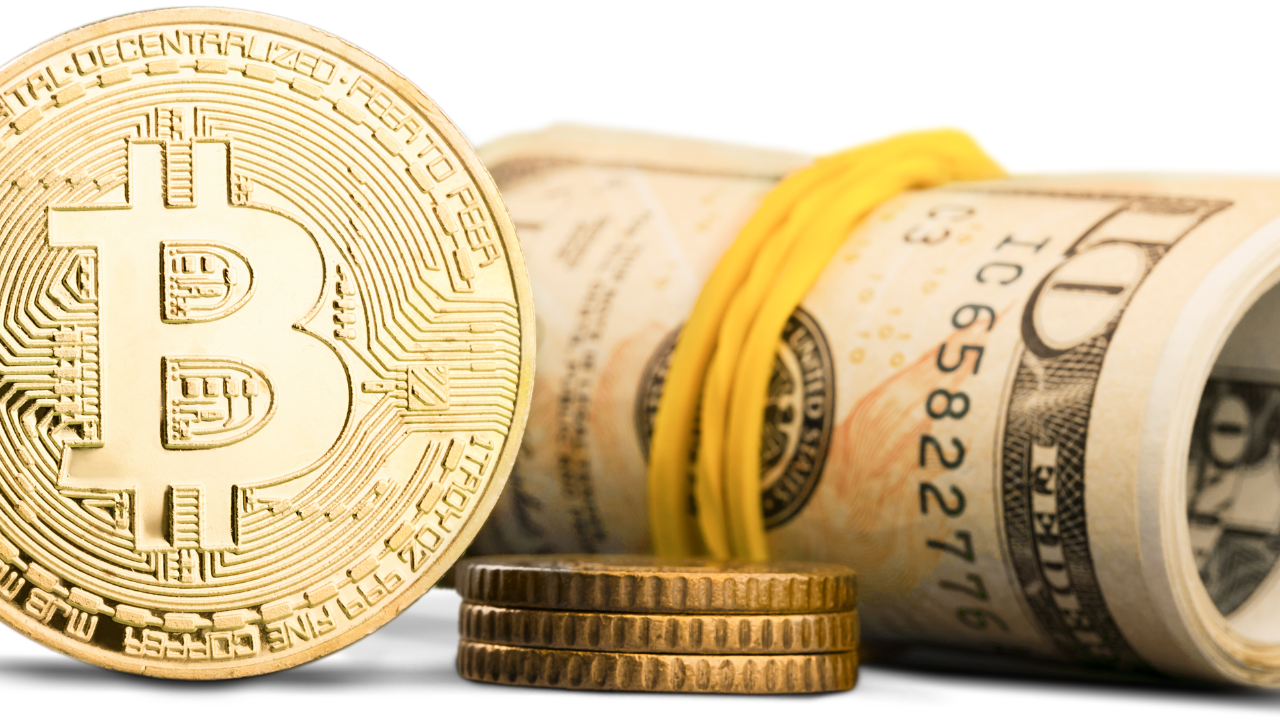Cryptocurrency exchanges are the pathways to the world of digital assets, allowing users to buy, sell, and trade cryptocurrencies. But selecting the best exchange might be difficult given the wide range of options. Whether you are an experienced trader or a beginner, it is important to consider a number of important aspects before making an exchange. You will be guided through all of the important factors in order to make an informed choice by this guide.
1. Security Measures
The Importance of Security in Crypto Exchanges
The most important thing when selecting a bitcoin exchange should be security. Exchanges are hacker targets because of the huge worth of digital assets. You can prevent fraud and loss of your money and personal data by using a secure platform.
Key Security Features to Look For
Two-Factor Authentication (2FA): This adds an extra layer of protection by requiring not only a password but also a second form of identification.
Cold Storage: Reliable exchanges store the majority of their users’ funds in cold storage, meaning offline wallets that are not connected to the internet, reducing the risk of hacks.
Insurance Policies: Some exchanges offer insurance for user funds in case of security breaches. This can provide peace of mind, knowing that your assets are protected even in the worst-case scenario.
2. Regulation and Legal Compliance
Why Regulation Matters
Operating within a regulated environment ensures that an exchange adheres to specific standards and practices, providing a safer and more transparent trading experience.
How to Check an Exchange’s Regulatory Status
Licensing: Verify if the exchange is licensed by a recognized regulatory body in its operating country.
Compliance with KYC/AML: Reputable exchanges require users to complete Know Your Customer (KYC) and Anti-Money Laundering (AML) procedures, ensuring that the platform adheres to legal standards.
3. User Interface and Experience
The Role of User Experience in Trading
An intuitive interface can significantly impact the quality of your trading experience. Whether you’re executing a simple trade or analysing market trends, the platform should be intuitive and easy to navigate.
What to Look For in an Exchange’s Interface
Ease of Use: The platform should be accessible to both beginners and experienced traders, with clear instructions and straightforward navigation.
Mobile Accessibility: Check if the exchange offers a mobile app that’s just as functional as the desktop version, allowing you to trade on the go.
4. Supported Cryptocurrencies
Importance of Cryptocurrency Variety
The range of cryptocurrencies available on an exchange is crucial, especially if you’re interested in trading lesser-known altcoins.
How to Evaluate Cryptocurrency Offerings
Major Cryptocurrencies: Ensure that the exchange supports popular cryptocurrencies like Bitcoin, Ethereum, and Litecoin.
Altcoins: If you’re interested in trading alternative cryptocurrencies, check the exchange’s list of supported assets to see if your preferred altcoins are available.
5. Fees and Transaction Costs
Understanding Fee Structures
Different exchanges have different fee structures, which can significantly impact your profitability, especially for frequent traders.
Types of Fees to Consider
Trading Fees: Typically a percentage of the transaction amount, trading fees can vary widely between exchanges.
Deposit and Withdrawal Fees: Some exchanges charge fees for depositing or withdrawing funds, whether in fiat currency or cryptocurrency.
Hidden Costs: Be aware of any hidden fees that might apply, such as fees for inactivity or using certain payment methods.
6. Liquidity and Volume
Why Liquidity Matters
Liquidity measures how effortlessly you can purchase or sell an asset without influencing its price. High liquidity means that there are plenty of buyers and sellers, ensuring that trades are executed quickly and at stable prices.
How to Assess Liquidity on an Exchange
Trading Volume: Look at the daily trading volume on the exchange. Higher volume generally indicates higher liquidity.
Order Book Depth: A deep order book with a large number of buy and sell orders at various price levels is a good indicator of liquidity.
7. Customer Support
The Importance of Responsive Support
Good customer support can make a huge difference, especially if you encounter issues with your account or transactions.
Evaluating Customer Service Quality
Availability: Check if the exchange offers 24/7 support and through which channels (live chat, email, phone).
Response Time: Research user reviews to see how quickly the support team responds to inquiries.
Help Center: A comprehensive help centre or FAQ section can also be valuable, providing quick answers to common questions.
8. Reputation and Reviews
Why Reputation Matters
An exchange’s reputation can provide insights into its reliability and trustworthiness.
How to Research an Exchange’s Reputation
User Reviews: Look for reviews on independent platforms, forums, and social media to gauge user experiences.
Industry Recognition: Check if the exchange has received any awards or positive mentions in reputable financial or crypto publications.
Scam Alerts: Be cautious of any red flags, such as reports of scams, hacking incidents, or withdrawal issues.
9. Payment Methods
The Convenience of Payment Options
Having multiple payment options can make depositing and withdrawing funds more convenient.
Common Payment Methods to Consider
Bank Transfers: Ensure that the exchange supports bank transfers if this is your preferred method.
Credit/Debit Cards: Some exchanges allow you to purchase cryptocurrency directly with a credit or debit card, though this might come with higher fees.
Cryptocurrency Deposits: If you already own cryptocurrency, check if you can deposit it directly into the exchange.
10. Geographic Restrictions
Understanding Regional Limitations
Some exchanges are only available in certain countries or regions, which can affect your ability to use the platform.
How to Check for Restrictions
Country Availability: Verify that the exchange operates in your country and complies with local regulations.
Language Support: If you’re not fluent in the exchange’s primary language, ensure that the platform offers support in your language.
11. Advanced Trading Features
Why Advanced Tools Matter
For experienced traders, advanced features such as margin trading, futures contracts, and technical analysis tools can be crucial.
Key Features to Look For
Margin Trading: Allows you to trade with leverage, increasing potential profits but also risks.
Futures Contracts: Allow you to bet on the future value of a cryptocurrency.
Technical Analysis Tools: Advanced charting and analysis tools can help in making informed trading decisions.
12. Ease of Registration and Verification
The Significance of a Simple Onboarding Process
A complicated registration process can be a deterrent, especially for beginners.
What to Consider in the Registration Process
Speed of Verification: Some exchanges offer instant verification, while others might take days or weeks.
KYC Requirements: Be prepared to provide identification documents as part of the Know Your Customer (KYC) process.
13.Exchange Types: Centralized vs. Decentralized
Understanding the Difference
Centralized exchanges (CEXs) are managed by a single entity, offering high liquidity and user-friendly interfaces, while decentralized exchanges (DEXs) operate on a peer-to-peer basis, offering more privacy and control over your funds.
Pros and Cons of Each Type
Centralized Exchanges: Offer ease of use and high liquidity but may come with higher security risks.
Decentralized Exchanges: Provide more privacy and control but can be more complex to use and might have lower liquidity.
14.Staking and Earning Opportunities
Passive Income Potential
Some exchanges offer staking services or interest-bearing accounts, allowing you to earn passive income on your crypto holdings.
What to Look For in Staking and Earning Options
Staking Rewards: Check the annual percentage yield (APY) offered for staking different cryptocurrencies.
Flexibility: Look for flexible terms that allow you to withdraw your staked assets without penalties.
15.Exit Strategies
Planning for the Future
It’s important to consider how easily you can exit the exchange, whether by cashing out your assets or transferring them to another platform.
Key Exit Strategy Considerations
Withdrawal Limits: Check if there are any restrictions on how much you can withdraw at once.
Withdrawal Process: Ensure the process for withdrawing funds is straightforward and timely.
Asset Portability: Make sure the exchange allows easy transfer of your assets to other wallets or exchanges.
Conclusion
Choosing the correct cryptocurrency exchange is an essential stage in your digital asset journey. By carefully analysing criteria like security, regulation, user experience, and costs, you may pick an exchange that corresponds with your needs and trading goals. Keep in mind that no transaction is ideal, so you must consider the advantages and disadvantages of each choice to choose which is best for you.
FAQs
1. Is it safe to use a cryptocurrency exchange?
Yes, but only if you choose a reputable exchange with strong security measures.
2. How do I know if an exchange is legitimate?
Check for licensing, regulatory compliance, and user reviews to verify the legitimacy of an exchange.
3. What fees should I expect on a cryptocurrency exchange?
Expect trading fees, deposit and withdrawal fees, and possibly hidden fees, depending on the exchange.
4. Can I use multiple cryptocurrency exchanges?
Yes, many traders use multiple exchanges to take advantage of different features and trading opportunities.
5. What’s the difference between a centralized and decentralized exchange?
Centralized exchanges are managed by a single entity and offer ease of use, while decentralized exchanges operate on a peer-to-peer basis, offering more privacy and control.
